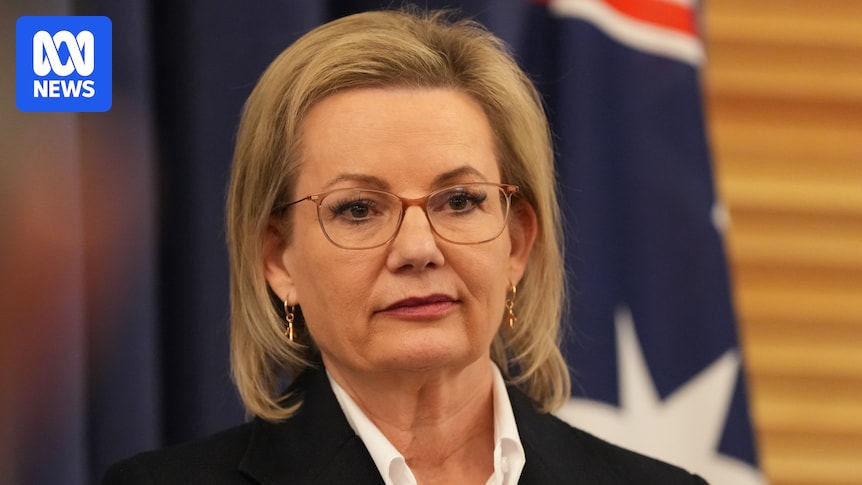Sussan Ley will warn in her first major economic speech as opposition leader that Australians are too dependent on welfare and universal government subsidies.
Ms Ley will seek to reclaim her party’s conservative economic credentials after the last election, when it offered voters a worse budget bottom line than Labor’s for the next two years, fuelled by a wide array of costly cost-of-living promises.
The Liberal leader will offer a veiled critique of that approach, telling an audience of economists at the think tank CEDA that government “cannot, and should not, shield everyone from every cost of living pressure by writing a cheque”.
Coalition costings reveal worse budget bottom line for first two years than Labor’s
“It has become almost taboo in politics to suggest that not everyone is entitled to every government benefit,” she will say, according to an excerpt provided to the media, declaring “a time of dependency” has eroded “our national character”.
While the speech excerpt does not include any major policy announcements, which Ms Ley has said will be formed closer to the election after an internal review, the remarks signal an appetite to retain the Coalition’s “fiscal rules”.
Those non-binding rules include a limit on the federal government’s tax take of 23.9 per cent of the size of the economy, a limit Labor does not formally observe but which has not been exceeded since the time of the Howard government.
Targeted subsidies, not universal
Ms Ley will also signal a preference for “targeted” welfare and spending programs rather than “universal” programs.
Australia’s welfare system has historically been highly targeted, with payments such as the unemployment benefit and the age pension available only to those of low means.
But recent programs, including the NDIS, the expanded childcare subsidy — and also cost-of-living measures like the power bill subsidy or Peter Dutton’s promised petrol discount — have instead applied to all or most people who meet the eligibility criteria, regardless of means.
The shift from targeted to universal has been criticised by economic think tanks, including the e61 Institute and the right-leaning Centre for Independent Studies, which published a recent report using similar language about a “culture of dependency”.
Ms Ley will cite a headline from that report suggesting that more than half of the population relies on the government for most of their income — a figure which includes retirees and all public sector employees, such as police, educators and health workers.
‘Low-value’ programs to go, but not health or education
The opposition leader will downplay the prospect of health or education cuts, instead framing targeting of welfare and subsidies and a crackdown on new, recurrent spending as a way to make essential services and a “fair safety net” fiscally sustainable.
While not naming specifics, she will vow to be “unrelenting” in cutting “low-value” government programs and promise to “help people off welfare and into self-reliance”.
Continuing a theme from the Dutton opposition, where she was deputy leader, Ms Ley will also take aim at the overall level of government spending, which at 27 per cent of GDP this financial year is at its highest level outside of crisis periods since the 80s.
“We are essentially running a peacetime economy on emergency fiscal settings. That is obviously not sustainable.”
The government just made some big NDIS announcements
Labor took steps in the last term of parliament to reduce the pace of cost growth in the aged care and NDIS, which received bipartisan support. Health Minister Mark Butler last month flagged further efforts to contain NDIS costs.
In an interview on the ABC’s Insiders last week, Ms Ley also said NDIS costs should be contained, and also said she had no intention to reduce the rate of the JobSeeker unemployment payment, which is currently below the standard measures of poverty.
The Coalition suggested some spending cuts ahead of the last election, including culling thousands of public service jobs, but all of its election policies are now up in the air and subject to review.
It has also called on the government to substantially increase defence spending.

